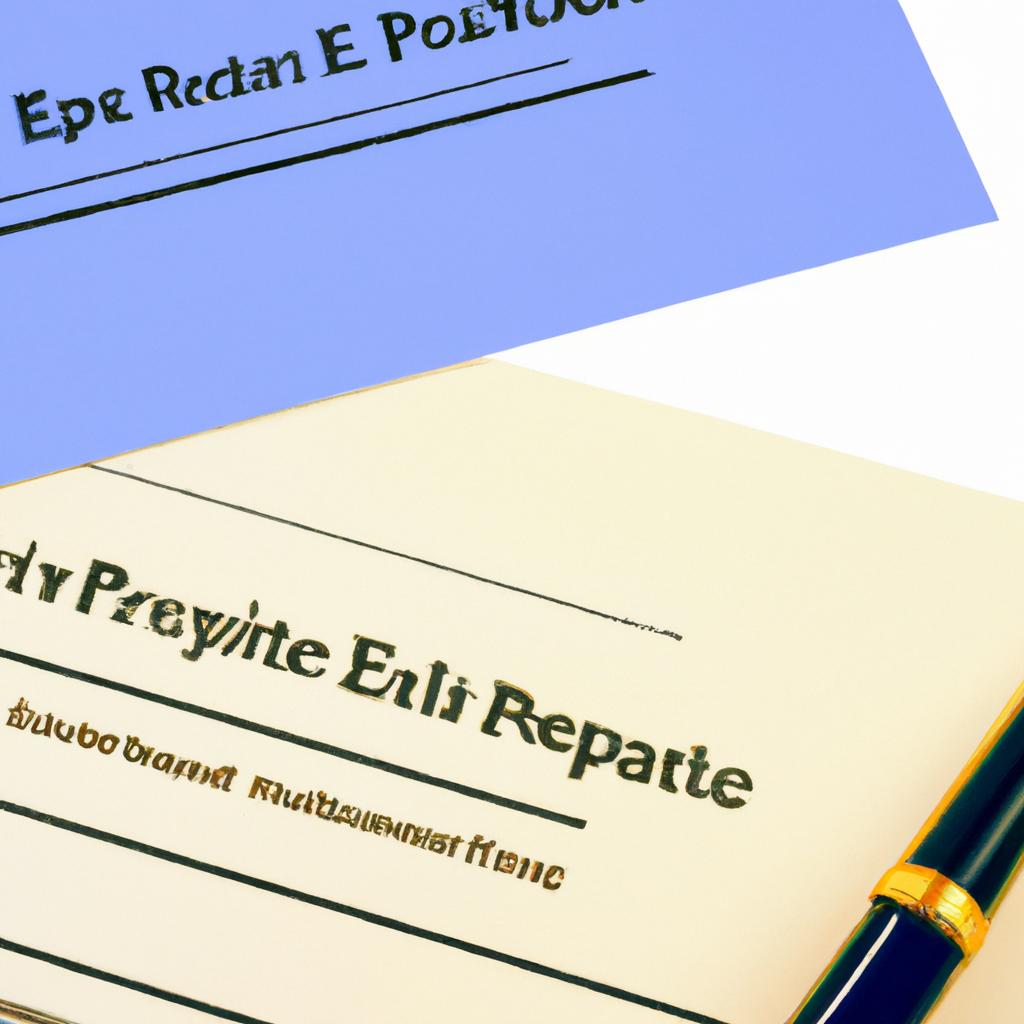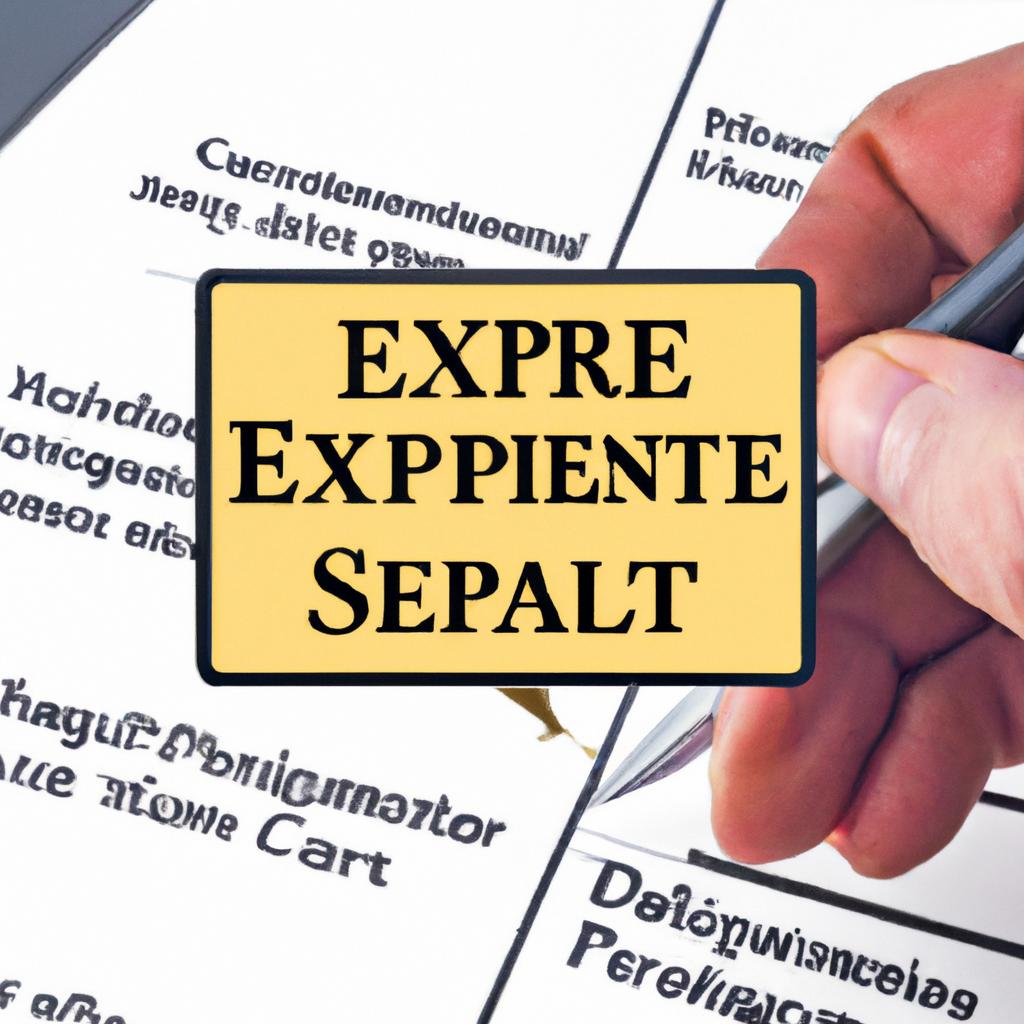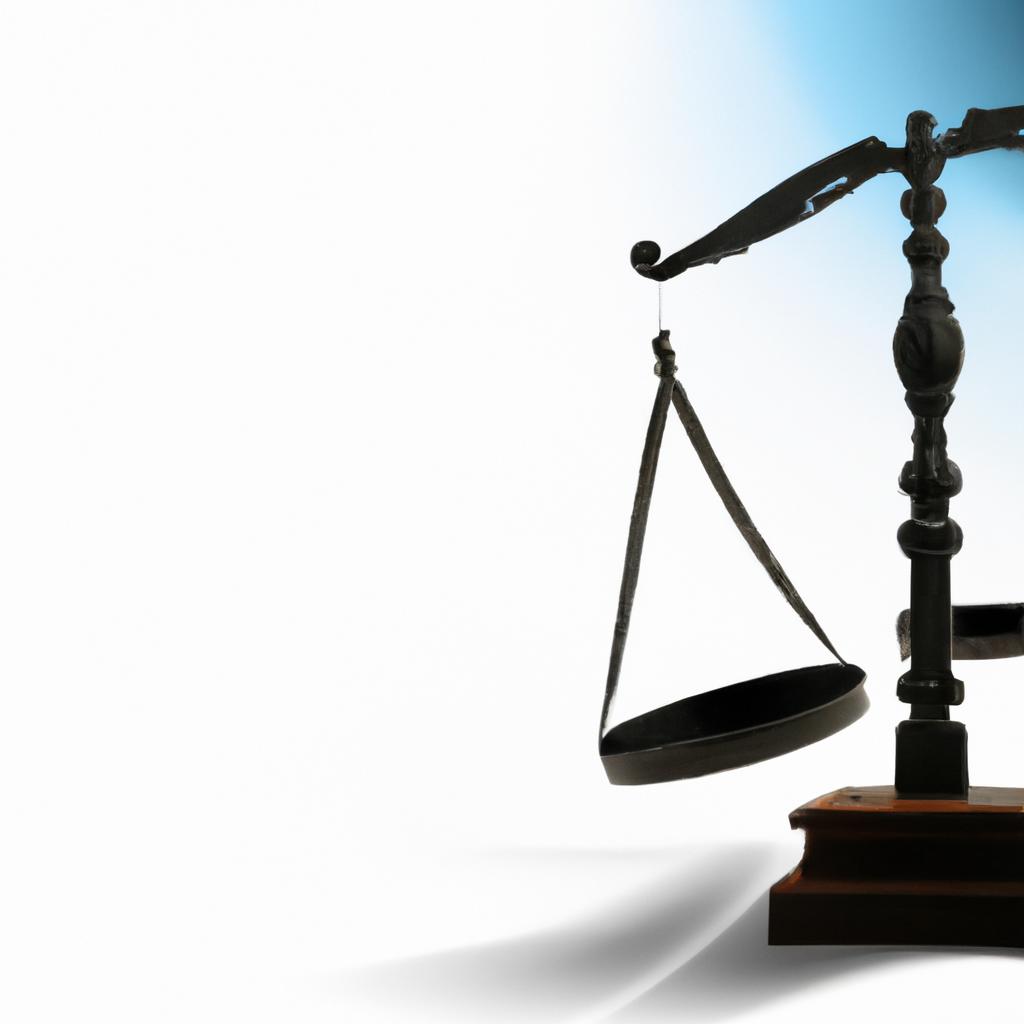In the intricate web of estate administration, the roles and titles can often become blurred. One common misconception that clients frequently encounter is the interchangeable use of “personal representative” and “executor” when it comes to managing an estate. At Morgan Legal Group in New York City, our team of experienced attorneys navigates this complex terrain with precision and clarity. Join us as we unravel the distinction between these pivotal roles and shed light on the responsibilities that come with each title.
Understanding the Role of a Personal Representative in Estate Administration
When it comes to estate administration, the role of a personal representative is essential in ensuring that a deceased individual’s assets are properly distributed according to their wishes. While many people use the terms “personal representative” and “executor” interchangeably, it’s important to note that they are not always the same.
<p>The primary responsibilities of a personal representative include:</p>
<ul>
<li><strong>Managing the deceased's assets</strong>: This includes gathering and inventorying all assets, paying off any debts or taxes, and distributing the remaining assets to beneficiaries.</li>
<li><strong>Communicating with beneficiaries</strong>: The personal representative is responsible for keeping beneficiaries informed about the status of the estate and any decisions that need to be made.</li>
<li><strong>Preparing and filing tax returns</strong>: Ensuring that all necessary tax returns are completed and filed in a timely manner.</li>
<li><strong>Attending court hearings</strong>: If necessary, the personal representative may need to attend court hearings related to the estate administration process.</li>
</ul>

Differentiating Between a Personal Representative and an Executor in Estate Planning
When it comes to estate planning, it is important to understand the distinction between a personal representative and an executor. While these terms are often used interchangeably, there are subtle differences that can impact the administration of an estate. A personal representative is responsible for managing the estate of a deceased person, ensuring that their assets are distributed according to their wishes or state laws. On the other hand, an executor is a specific type of personal representative named in the deceased person’s Will to carry out their final wishes.
One key difference between a personal representative and an executor is their appointment process. A personal representative may be appointed by the court if there is no Will, or if the named executor is unable or unwilling to serve. An executor, however, is specifically designated in the deceased person’s Will and has the legal authority to carry out their wishes. It is important to carefully consider who you choose as your executor, as they will have significant responsibilities and powers over your estate.

Legal Responsibilities and Powers of the Personal Representative in Probate Proceedings
In probate proceedings, the personal representative of an estate plays a crucial role in ensuring that the deceased person’s assets are distributed according to their wishes and in compliance with the law. While many people use the terms “personal representative” and “executor” interchangeably, there is a subtle distinction between the two. An executor is a type of personal representative who is named in the deceased person’s will to carry out their wishes, while a personal representative can be appointed by the court if there is no will or if the named executor is unable to fulfill their duties.
The personal representative of an estate has several legal responsibilities and powers, including:
- Inventorying assets: The personal representative must compile a detailed list of all the deceased person’s assets and debts.
- Notifying creditors: The personal representative is responsible for notifying creditors of the deceased person’s passing and paying off any valid debts.
- Distributing assets: The personal representative distributes the deceased person’s assets to the beneficiaries named in the will or according to state law if there is no will.

Expert Guidance on Selecting a Competent Personal Representative for Your Estate
When selecting a personal representative for your estate, it is essential to understand the role and responsibilities that come with this important position. While the terms “personal representative” and “executor” are often used interchangeably, they are not necessarily the same. An executor is a type of personal representative who is named in a will, while a personal representative is appointed by the court in the absence of a will. This distinction is crucial in ensuring that the individual you choose is qualified to handle the complexities of managing your estate.
It is imperative to select a competent and trustworthy individual to serve as your personal representative. This person will be responsible for carrying out your final wishes, managing your assets, paying off debts, and distributing your estate to beneficiaries. To make an informed decision, consider the following factors when choosing a personal representative:
- Trustworthiness: Select someone you trust to handle your affairs honestly and responsibly.
- Organization: Choose someone who is detail-oriented and capable of managing complex financial matters.
- Communication: Ensure your personal representative can effectively communicate with beneficiaries and handle potential conflicts.
Q&A
Q: Is the personal representative of an estate the same as the executor?
A: Many people use the terms interchangeably, but there are some key differences to know.
Q: What exactly is a personal representative?
A: A personal representative is a legal term for the person responsible for administering the estate of a deceased individual. This can include handling assets, paying debts, and distributing inheritances.
Q: And what about an executor?
A: An executor is a specific type of personal representative who is named in a will and tasked with carrying out the wishes of the deceased as outlined in the will.
Q: Can a personal representative be someone other than the executor named in the will?
A: Yes, if there is no will or if the named executor is unable or unwilling to serve, a court may appoint a personal representative to handle the estate.
Q: What are some other common titles for personal representatives?
A: In some jurisdictions, personal representatives are referred to as administrators, executrixes, or trustees, depending on the specific duties and responsibilities involved.
Q: Are there any qualifications required to be a personal representative?
A: Typically, personal representatives must be of legal age and not have a criminal record. They should also have a basic understanding of financial and legal matters.
Q: What happens if there is a dispute over who should be the personal representative?
A: In cases of disagreement, the court will ultimately decide who is appointed as the personal representative based on the best interests of the estate and its beneficiaries.
Concluding Remarks
In conclusion, while the terms “personal representative” and “executor” are often used interchangeably, it is important to understand their distinct roles in the administration of an estate. Whether you are tasked with managing the affairs of a loved one’s estate as a personal representative or executor, it is crucial to seek professional legal guidance to ensure that you fulfill your duties effectively and responsibly. By clarifying any confusion surrounding these titles, you can navigate the complex process of estate administration with confidence and clarity.

